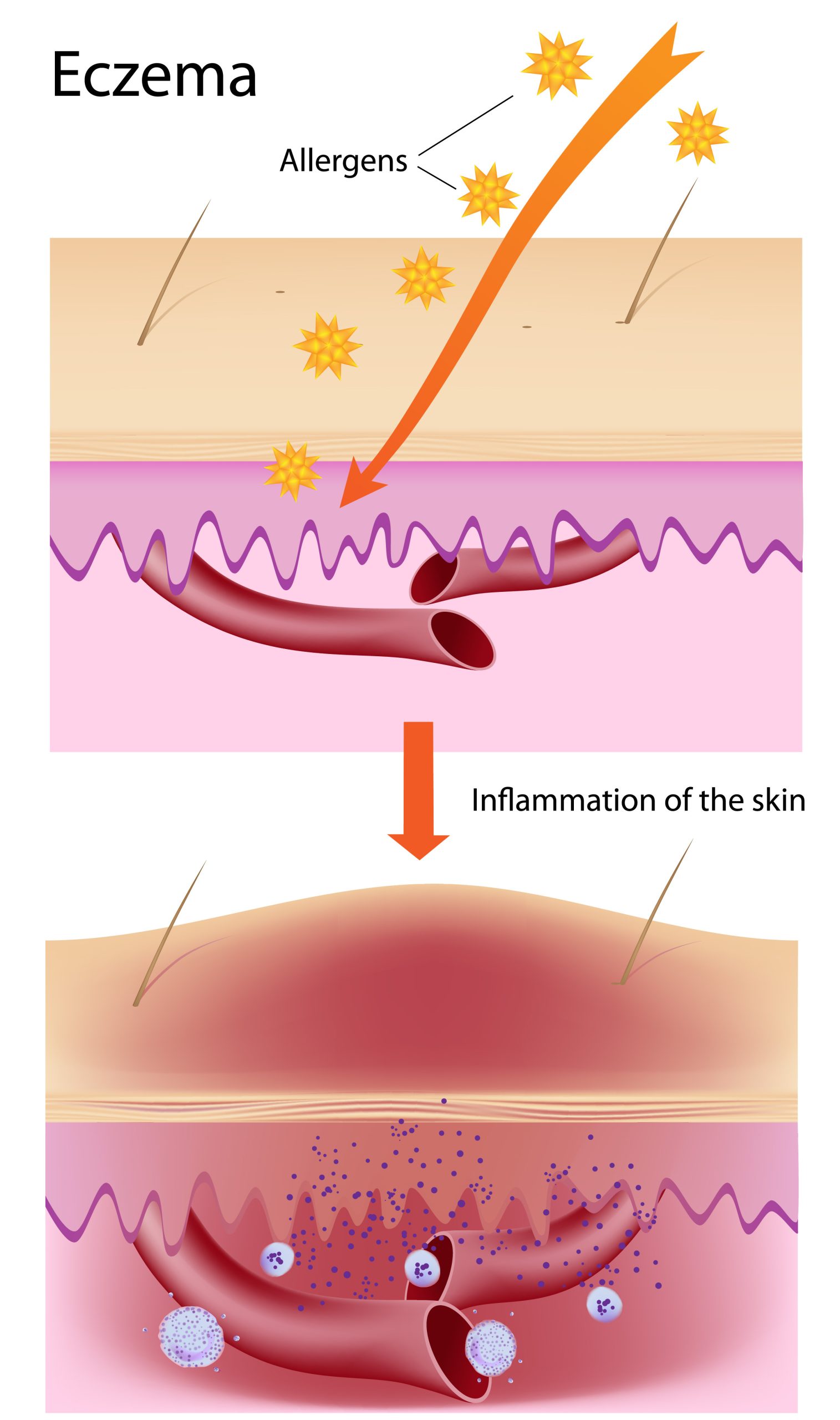In the realm of health and wellness, few topics are as rife with misconceptions as the relationship between diet and immune health. The idea that certain foods can “Boost” the immune system is appealing, yet the reality is more complex than simple cause and effect. This article aims to clarify common misconceptions about diet and immune health, providing evidence-based advice on how nutrition genuinely supports the immune system.
Myth 1: superfoods can instantly boost your immune system
Fact: no single food can instantly bolster your immune system. The immune system is complex, requiring balance and harmony to function optimally. While certain foods contain nutrients that support immune health, relying solely on “Superfoods” is not a magic bullet for immunity. A varied diet rich in fruits, vegetables, whole grains, lean proteins, and healthy fats provides a wide range of nutrients that collectively support immune function.
Myth 2: high doses of vitamin c prevent colds
Fact: vitamin c is crucial for immune health, supporting various cellular functions of both the innate and adaptive immune system. However, research, including a review published in the “Cochrane database of systematic reviews,” suggests that for the general population, vitamin c supplementation does not significantly reduce the incidence of colds. It may shorten the duration or lessen the severity of colds in some individuals, particularly those under extreme physical stress.
Myth 3: you need to detox your body to boost immunity
Fact: the concept of detoxifying diets or products boosting the immune system lacks scientific backing. The body’s liver and kidneys are incredibly efficient at removing toxins. Instead of focusing on detoxification, enhancing immune function is better achieved by maintaining a healthy diet, staying hydrated, getting enough sleep, and managing stress.
Myth 4: expensive supplements are necessary for immune health
Fact: while supplements can play a role in addressing specific nutrient deficiencies, they cannot replace the nutritional benefits of whole foods. Many nutrients work synergistically, and whole foods provide a complex nutritional profile that supplements cannot replicate. Before turning to supplements, aim to meet your nutritional needs through a balanced diet. Consult with a healthcare provider if you believe you have a nutrient deficiency.
Foods that genuinely support the immune system
Fruits and vegetables: rich in vitamins c and a, antioxidants, and fiber, they support various immune functions and gut health.
Lean proteins: sources like poultry, fish, legumes, and nuts provide essential amino acids that are building blocks for immune cells.
Healthy fats: omega-3 fatty acids, found in fatty fish, flaxseeds, and walnuts, can help reduce inflammation, supporting immune response.
Fermented foods: yogurt, kefir, sauerkraut, and kimchi contain probiotics that promote a healthy gut microbiome, crucial for immune health.
Herbs and spices: garlic, ginger, turmeric, and others have been shown to possess antimicrobial and immune-supportive properties.
Conclusion
The relationship between diet and immune health is not about quick fixes or miracle foods. Instead, it’s about consistent, nutritionally rich dietary choices that support overall health, including immune function. Debunking common myths and focusing on evidence-based nutritional advice can help individuals make informed decisions about their diet and immune health. Remember, a balanced diet, along with other healthy lifestyle practices, is the best strategy for supporting a robust immune system.






